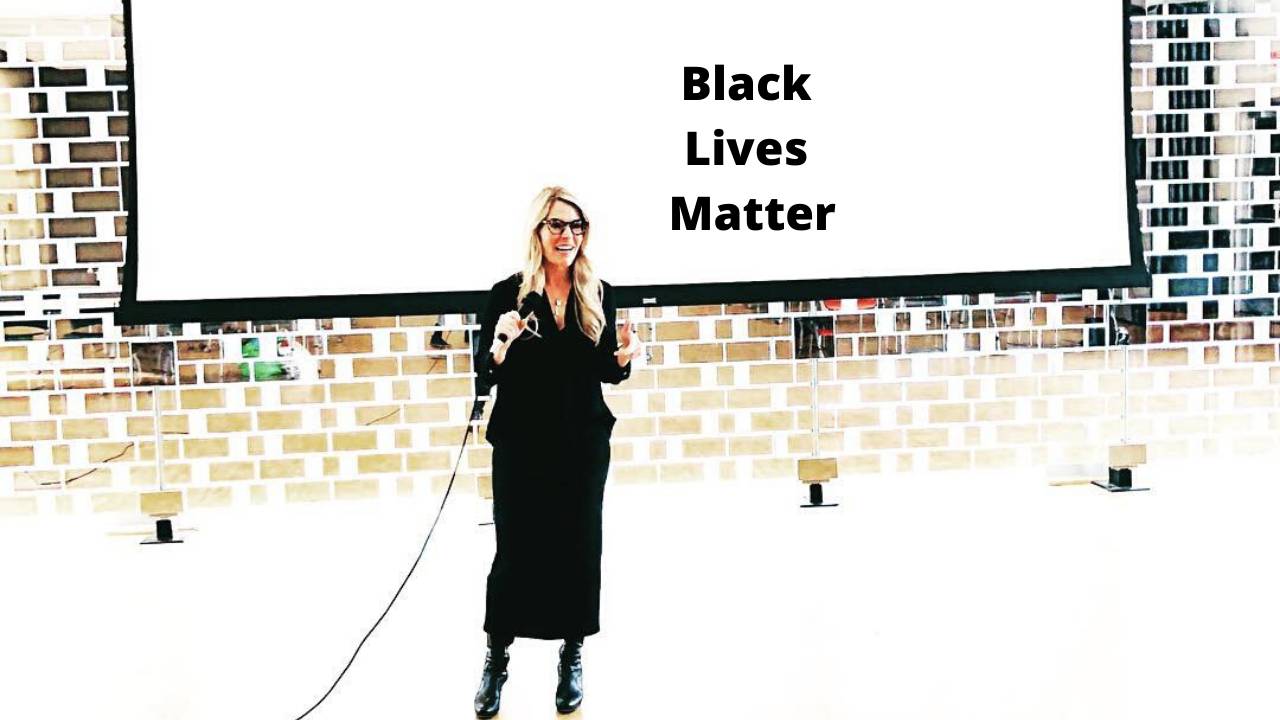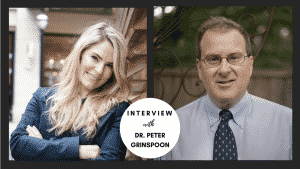My heart is heavy this week with all that has been highlighted related to racial injustice and the murders of Ahmaud Arbery, George Floyd, Breonna Taylor…. and the millions of other lives over the centuries taken by racist acts.
This week, I talk about why I do antiracist work and why you should, too.
Racism is associated with depression, anxiety, insomnia, and other serious conditions like, post-traumatic stress disorder and substance use disorders. The stress caused by racism can contribute to the development of cardiovascular and other physical diseases, including dementia.
Here’s a peek inside the episode:
- I share surprising statistics on disparities in health and health care due to racism. If the statistics on disparities related to maternal mortality rates for African American women don’t compel you to be anti-racist, you may need to check your pulse.
- There is a mental health toll to having experienced racism as an African American person. Learn more about this toll here.
- Learn more about health care disparities as they relate to older African American adults and dementia.
- The New York Times published an article recently on the striking racial divide and how COVID-19 has hit nursing homes. The problem is not race, it’s racism.
- I share my personal reasons for doing anti-racist and anti-oppression work.
- I challenge you to consider your role in reinforcing oppression and racism or consciously fighting against it. What will your role be?
By the end of this episode, you’ll have a better understanding of the impact of racism on the health and well-being of African American/Black individuals and families and you’ll be challenged to think more deeply about the role you play in race dynamics.
As a Psychologist, I stand against racism and hate in all its forms, and I support the efforts of researchers, clinicians, teachers and policymakers to eliminate hate crimes, police brutality, and oppression.
This is a very painful time, please take care of yourself. If you or someone you know is in crisis or struggling with thoughts about harming yourself or others, please reach out to the National Suicide Prevention Lifeline, here…
Links mentioned in this episode:






